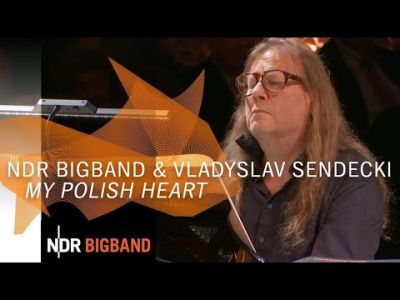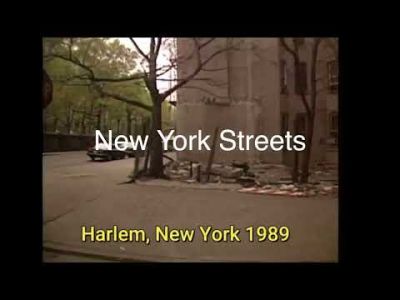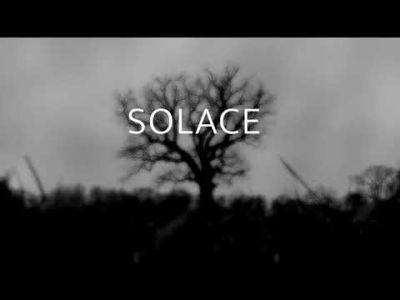Jazz is freedom – Vladyslav “Adzik” Sendecki

Music producer and manager
After several years in Switzerland, Sendecki began working as a pop and film music producer. He was always full of new ideas, and therefore had no problem “selling” them. After a while, he built an entire recording studio in his apartment. One day, he received a request from the German-Swiss company MAS (Music Alliance Services) to build up a new regional office in Berlin from scratch and to set up a recording studio. He grabbed the opportunity with both hands. In November 1989, at a time of political upheaval in Europe, right after the fall of the Berlin Wall, he moved to Berlin. His passport contains one of the last visa stamps for the German Democratic Republic, since his company produced sound recordings in Babelsberg. During that time, MAS organised a concert in the Palace of the Republic (Palast der Republik) with the newly-founded Berlin International Orchestra. For several years, Sendecki managed large projects, worked on image development and composed his own music. Through his work, he learned about the music industry from the inside. The original plan was that he would relocate to London, but in the end, he moved to Hamburg, where the recording company Universal had a regional office.
The NDR Bigband
Out of the blue, in 1996, Sendecki was invited to join the NDR – the North German Broadcasting Corporation (Norddeutscher Rundfunk) – Bigband. For him, the call came at just the right moment. He recalls that at that time, he had almost stopped playing altogether. He was working at his desk, writing songs and “producing” pop musicians. In the NDR Bigband, Sendecki flourished again. For 25 intensive years, he played with the prestigious ensemble. He was a mainstay of the orchestra, and was popular and highly valued by everyone. However, working as an employed musician didn’t prevent Sendecki from working on his own projects. NDR is itself keen for its musicians to develop further and to pursue their own creative work. There are some projects that Sendecki recalls with particular fondness. He made a beautiful record with Christof Lauer, as well as a CD with Vitold Rek and Charlie Mariano. He also has fond memories of his collaboration with Daniel Schnyder, a Swiss composer from the US. Together with Andrzej Olejniczak, who lives in Spain, they founded the European Blue Note Quartet. They played more than ten concerts – in Spain, Poland and Germany. Over the course of his long career, Vladyslav Sendecki has worked with music icons such as Klaus Doldinger’s Passport, Billy Cobham, Michael and Randy Brecker, Maria Schneider, Ray Anderson, Peter Herbolzheimer, Larry Coryell, Janusz Muniak, Didier Lockwood, Tomasz Stańko, Victor Bailey, Buster Williams, Lenny White, Joe Henderson, Lew Soloff, Biréli Lagrène and Jaco Pastorius, Mel Lewis, Charlie Mariano, Arild Anderson, Markus Stockhausen, Al Jarreau, Bobby McFerrin, Till Brönner, Simon Phillips, Marcus Miller, Trilok Gurtu, Nils Petter Molvær, Nils Landgren, Quincy Jones, and many, many others.
Composer and solo pianist
As a composer, Sendecki wanted to write music that was related to his life. The rock opera “Haunted”, which he composed in 1994, had strong biographical influences. The opera also referenced work by Richard Wagner and others. The libretto was written by Jorgen Larsen, also known as James Vincent Lundstrom, who was head of Universal at that time, and who was a friend of Adzik’s. They worked on the project for two years, and the record was released in 1996.
Sendecki also enjoyed writing film music. His work accompanying the 30-minute ARD film in 2015 documenting everyday life at the Auschwitz memorial site was met with broad acclaim: “7 Tage... Auschwitz – ein musikalisches Experiment”. The music, which he arranged, replaces the commentary text in the film and expresses the emotional experience of the protagonists.
Of Vladyslav Sendecki’s enormous output, which includes over 200 records, the solo albums “Listen to my Story” (1986) for UBM records, “Men from Wilnau” (1988) for Island Records, “Piano” (2007) for Provocateur Records and “Solo Piano at Schloss Elmau” (2010) for ACT have been received with particular critical acclaim. In these recordings, he performs not only his own compositions but also works by other artists. In 2010, the “Süddeutsche Zeitung” newspaper described Sendecki as one of “the most powerful, imaginative solo pianists of our time”. In a review of “Solo Piano at Schloss Elmau”, the “Süddeutsche Zeitung” wrote: “Here we have the long-awaited successor to Schumann, Debussy and Grieg, today’s master of the small form who has also subsumed the music history of the ‘second classical music’ (namely jazz). With more opulent pieces, such as the 20-minute introduction, Sendecki is also a master of sentiment, who arouses the emotions with virtuoso changes in melody, timbre and rhythm. The same is true of his adaptation of a traditional Polish lullaby, a song that already inspired Chopin – that other Polish émigré and pianist with whom Sendecki can now be compared without hesitation”. [1]
[1] Oliver Hochkeppel: Meister des Sentiments. Jazzpianist Vladislav Sendecki in der Unterfahrt, in: “Süddeutsche Zeitung”, 5/6/2010, p. 53.








